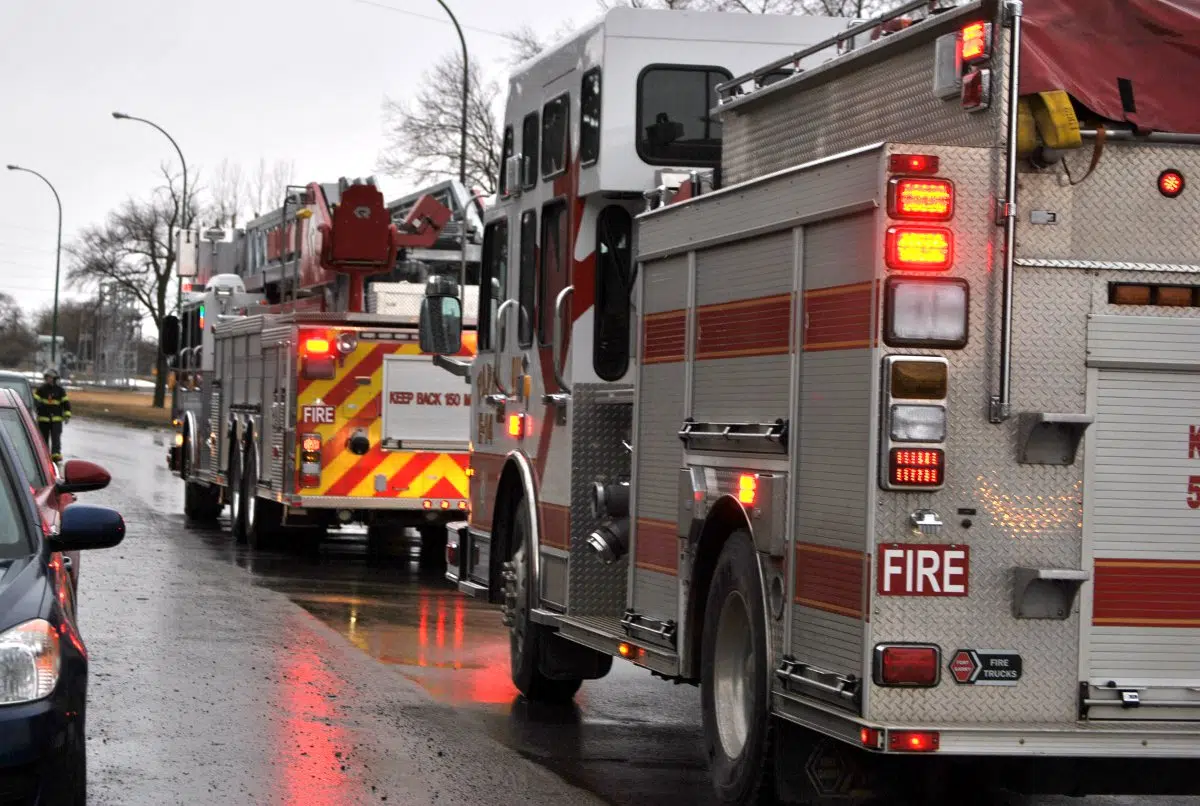
City looks at upping fines for disobeying emergency lights
When emergency crews like firefighters, paramedics and police need to get somewhere fast, sirens and lights are activated on their vehicles. This is a sign to everyone else to move to the right and get out of the way, so they can pass.
However, according to Coun. Martin Ring some drivers are ignoring these cues.
“What we’ve seen lately is an increase in people just not obeying the lights. It just seems they’re just not paying attention to it,” Ring said.
At Monday’s council meeting he brought up the idea of increasing the fine outlined in the Traffic Safety Act to discourage this behaviour. Ring said on Wednesday that the conversation started up when the Prince Albert Fire Department requested an addition to the lights in front of the hall on 15th Street to encourage drivers to stop when they flash—this was shot down by council.


